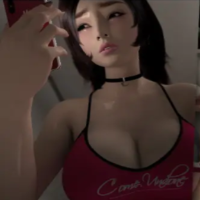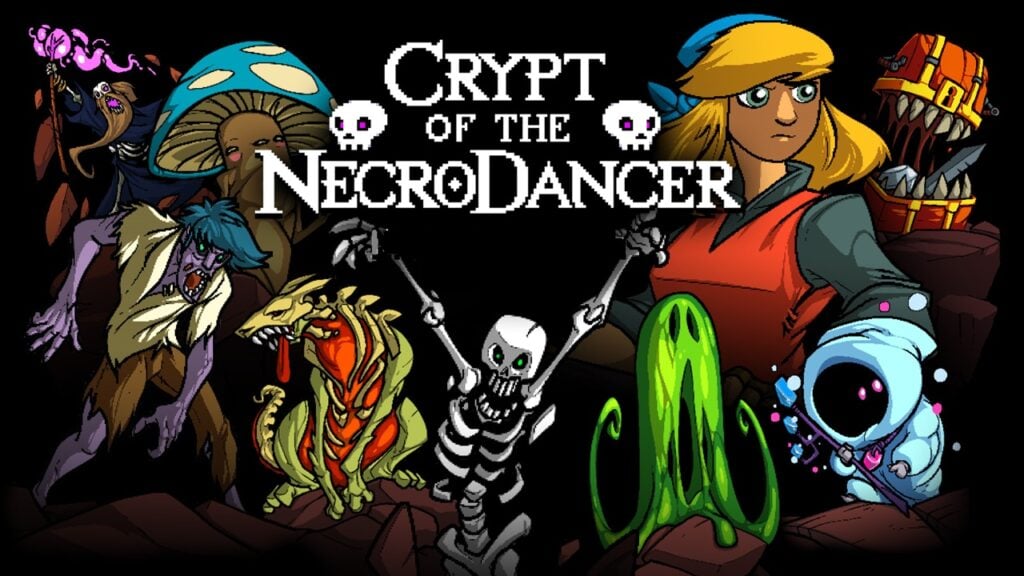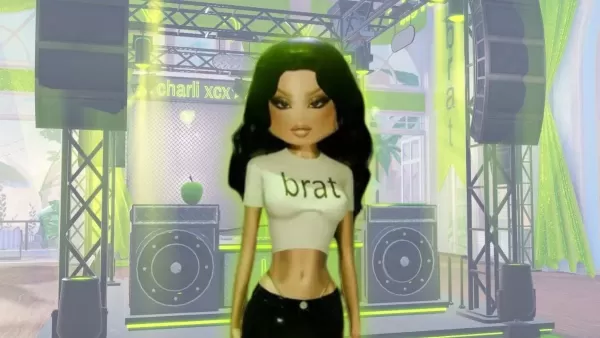
TikTok creator Kelley Heyer, who went viral for choreographing a dance to Charli XCX's track "Apple," has filed a lawsuit against Roblox claiming unauthorized use of her signature "Apple Dance" in their game. The lawsuit alleges Roblox profited from her creative work without proper permission or compensation.
For those unfamiliar with this internet sensation, the "Apple Dance" is exactly what it sounds like - an original dance routine designed by Heyer that exploded in popularity on TikTok after being performed to Charli XCX's song. The dance gained such mainstream recognition that Charli XCX herself featured it during live performances and shared videos of it on her official TikTok account.

According to documents obtained by Polygon, Heyer's legal complaint states that while Roblox initially reached out about licensing the dance for a Charli XCX collaboration event in the popular fashion game Dress to Impress, negotiations fell through before any agreement was finalized. Heyer clarifies she had successfully licensed the move to other major platforms like Fortnite and Netflix through proper contractual agreements, but no such deal was ever completed with Roblox.
Alleged Unauthorized Use
The lawsuit claims Robox proceeded to release the Apple Dance emote for purchase during the event despite failing to secure permission. Court filings suggest the company sold approximately 60,000 copies of the emote, generating an estimated $123,000 in revenue. Heyer's legal team maintains that while the emote appeared in a Charli XCX-themed event, the dance itself remains independent intellectual property belonging solely to Heyer and unrelated to the song or artist.
Legal Claims and Potential Outcomes
Heyer's suit accuses Roblox of violating copyright law and unjustly profiting from her work. The legal action seeks compensation covering Roblox's earnings from the emote, additional damages for reputational harm, plus legal fees.
Update 2:15 p.m. PT: Heyer's attorney Miki Anzai provided the following statement: "Roblox proceeded with using Kelley's intellectual property without executed agreements. As an independent creator, Kelley deserves fair compensation for her work. After exhausting other options, we felt compelled to file this lawsuit to establish that principle. We remain open to settlement discussions and hope to reach an amicable resolution."
 Home
Home  Navigation
Navigation






 Latest Articles
Latest Articles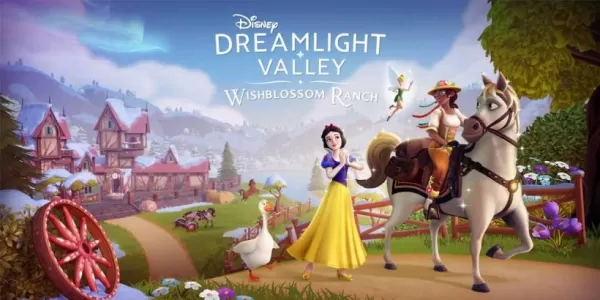
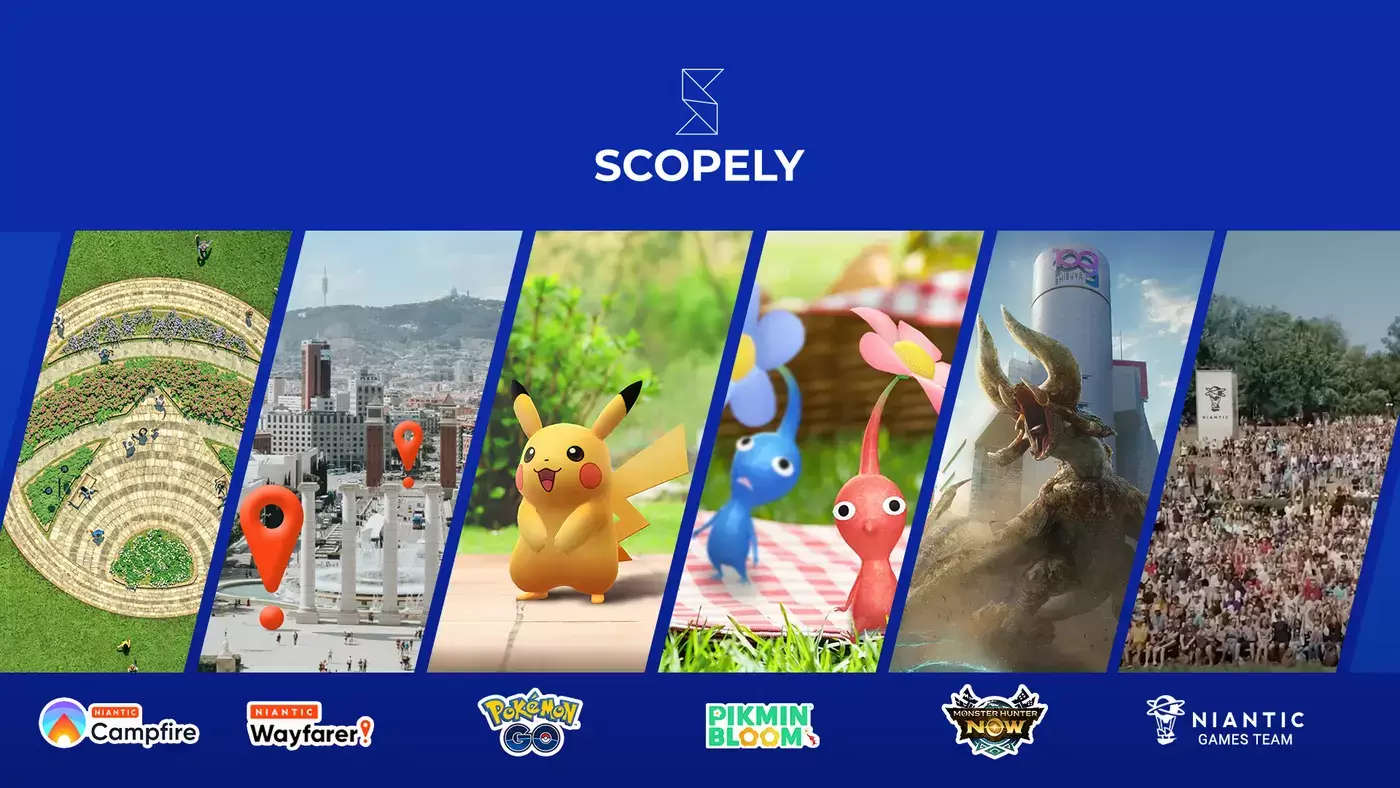









 Latest Games
Latest Games








